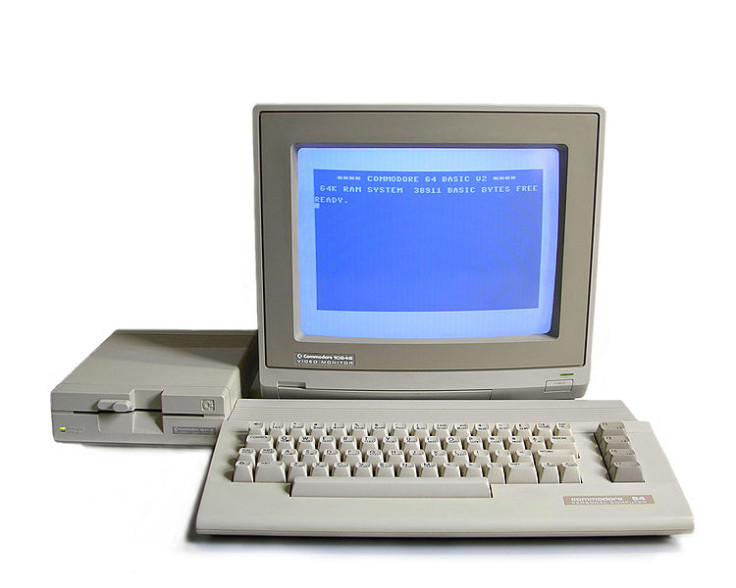Miss 8-Bit Gaming? Revive 80s Commodore 64 Computer Using Raspberry Pi

I'm sure some of you will think it's insane to want to go backwards with technology, but retro gaming fans and supporters of old computing hardware will definitely disagree.
- GoPiGo: Turn Your Raspberry Pi into a Fully Functioning Robot
To that end, a group of Commodore fans are working on a new emulator with the ability to turn the Raspberry Pi £30 computer into a fully functioning Commodore 64 fresh from the 1980s.
The Commodore 64 was an 8-bit home computer considered as a much cheaper alternative to the Apple II, costing half the price but with favourable sound and graphical specifications.
So popular was the Commodore 64 that it dominated the low-end computer market for most of the 1980s and continues to hold the Guinness World Record for being the highest-selling single computer model of all time, selling between 10 to 17 million units.
Scott Hutter, creator of the Commodore Pi project, together with a team of developers on Github, are seeking to build a native Commodore 64 operating system that can run on Raspberry Pi.
"The goal will be to include all of the expected emulation features such as SID sound, sprites, joystick connectivity, REU access, etc. In time, even the emulation speed could be changed, as well as additional modern graphics modes," he writes on his website.
If you're very keen to have your own Commodore 64 gaming machine once more, you can download the latest source code here.
Otherwise, if you just fancy a quick trip down memory lane, you can visit SuperRetro.Net or 80s Top Games to play big favourites like 1942, Ghostbusters, Bruce Lee, Bubble Bobble or Zak McKracken And The Alien Mindbenders in your browser (Java plug-in is required).
Retro gaming addicts can also pop over to Blackpool next month for Play Blackpool, the arcade indie and retro video gaming expo to be held at the Norbreck Castle Exhibition Centre from 3-4 May 2014.
© Copyright IBTimes 2025. All rights reserved.



















